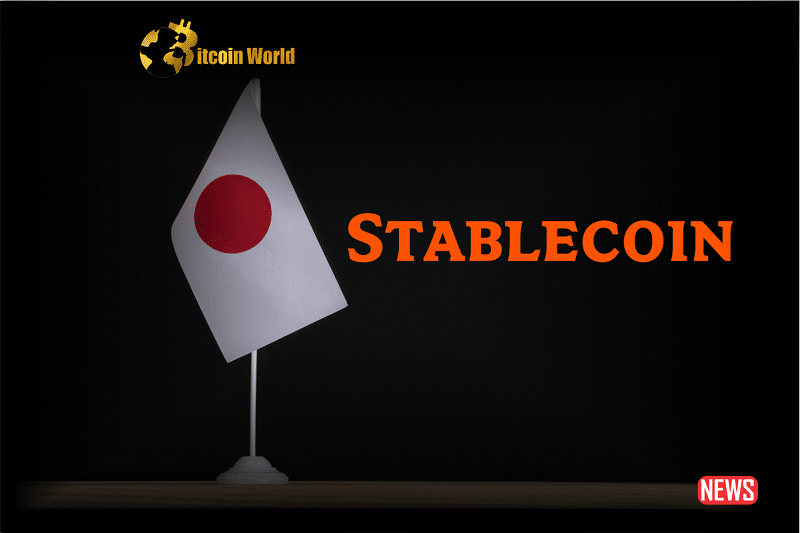In a groundbreaking development, Japanese firms can now issue stablecoins following the enactment of a long-awaited legislation, the revised Payment Services Act, on June 1, 2023. This move has opened up a world of possibilities for businesses in Japan, allowing them to tap into the efficiency of stablecoin technology for payments and transactions. With stringent regulations to ensure transparency and compliance, Japanese banks are eager to embrace this new era of digital currencies.
Exploring the Benefits:
The lifting of the de facto ban on the domestic issuance of stablecoins is expected to revolutionize payments between Japanese companies and international parties. The increased efficiency in B2B transactions holds immense potential, with experts estimating the market worth around $7.2 billion. Japanese stablecoins may facilitate global transactions, enabling issuers to earn fees by facilitating payments between multinational companies. This development can also benefit international remittances and online shopping sectors, introducing more seamless and cost-effective solutions.
Regulations and User Protection:
The revised legislation highlights the distinction between crypto assets and stablecoins, ensuring that algorithmic or crypto asset-backed “stablecoins” are not categorized as stablecoins. Stringent guidelines have been established to guarantee user protection and compliance. Token issuers must be able to suspend transfers and redemptions of payments to wallets they do not manage, ensuring a secure user environment and minimizing potential risks.
Banking and Central Bank Perspectives:
Regional banks, such as Shikoku Bank, are already considering issuing stablecoins, according to Kondo Hidekazu from GU Technologies. The interest in stablecoin adoption extends beyond regional banks, with major financial institutions like Mitsubishi UFJ actively exploring stablecoin interoperability. The head of Japan’s central bank has also expressed enthusiasm for stablecoins, highlighting their potential coexistence with central bank digital currencies (CBDCs).
The emergence of stablecoins in Japan marks a significant milestone for the country’s financial landscape. With regulatory clarity and a focus on user protection, Japanese firms can now leverage stablecoin technology to enhance payment efficiency, facilitate global transactions, and potentially revolutionize industries such as international remittances and online shopping. As banks and financial service providers dive into this new realm, stablecoins are poised to reshape the way businesses transact, both domestically and internationally, fostering a more connected and streamlined global economy.














